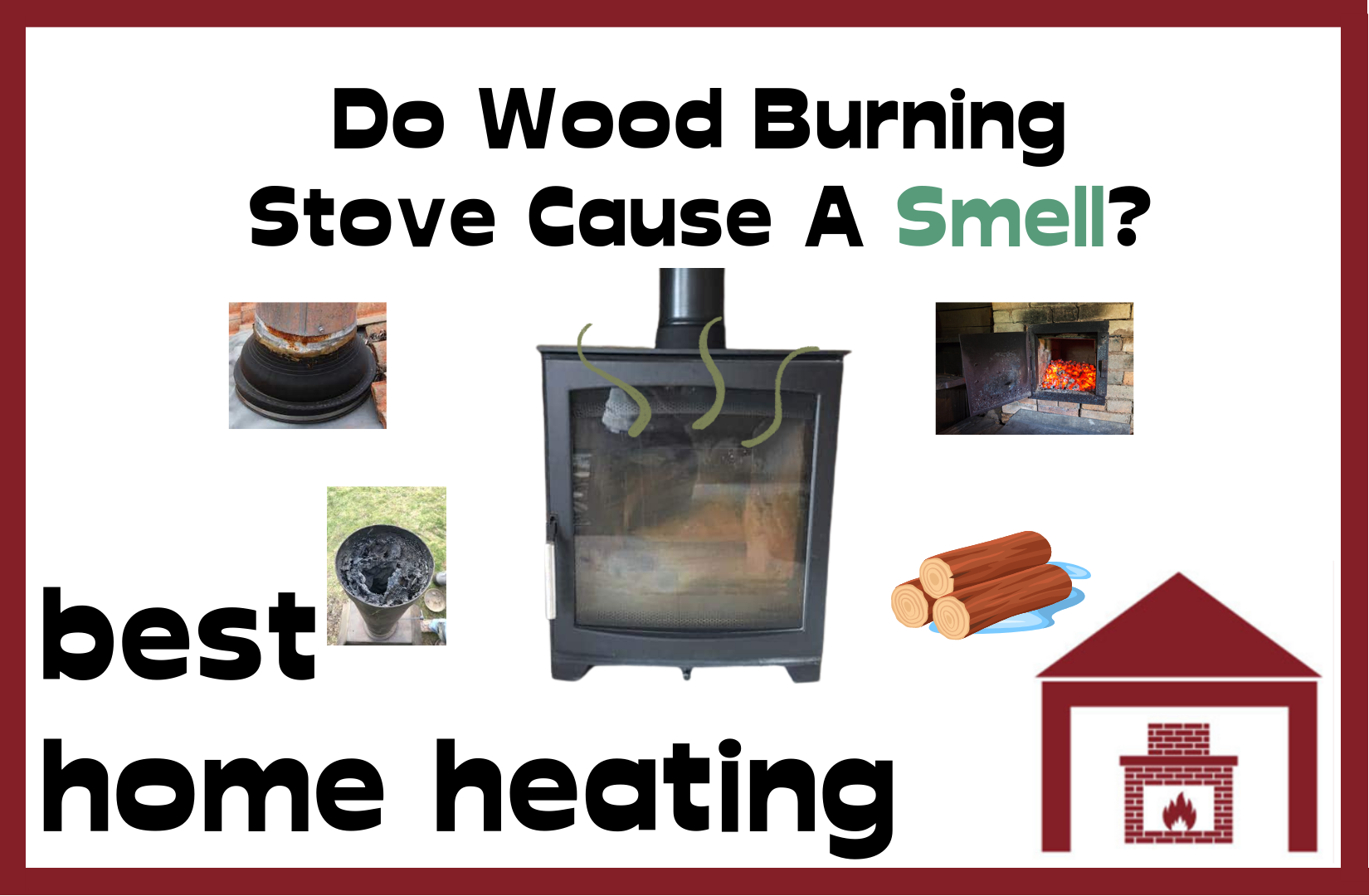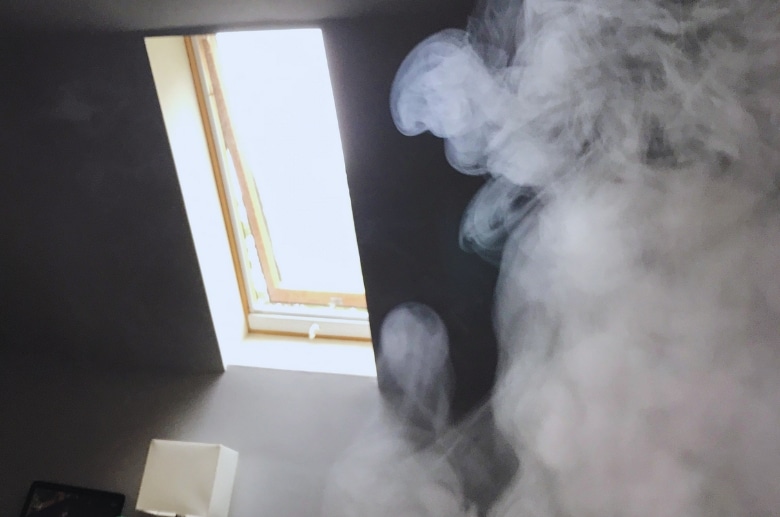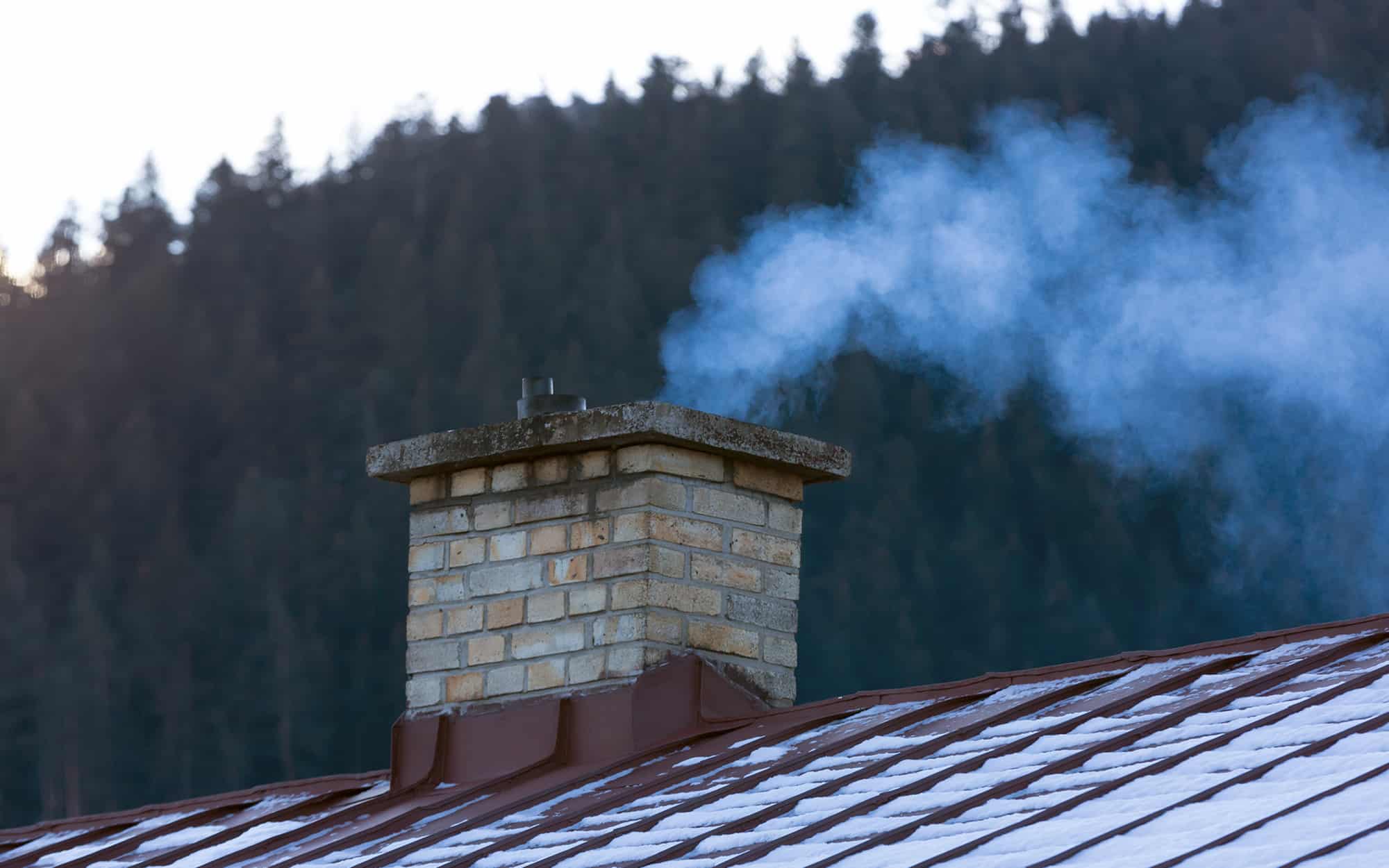Why Does It Smell Like Smoke In My House

Why Does It Smell Like Smoke in My House? A Guide to Diagnosing and Solving the Problem
That acrid smell of smoke lingering in your home is never a good sign. Beyond the obvious safety concerns, it can point to underlying issues that are impacting your energy efficiency and costing you money. Whether you're a homeowner aiming to lower your utility bills, a business owner investing in sustainable upgrades, or a smart home enthusiast, understanding the source of that smoky smell is the first step toward a safer, more energy-efficient living space. This article will explore common causes of smoke smells, explain how they relate to your HVAC system, and offer practical solutions to address the problem. Ignoring that smell could lead to bigger problems down the road and cost you much more than some simple maintenance.
Common Culprits Behind Smoke Smells
Before calling a professional, it’s helpful to do some initial investigation. Here are several common reasons for a smoky smell indoors:
- Faulty Wiring: This is perhaps the most serious and dangerous cause. Burning electrical insulation emits a distinct, acrid smoke smell and can be a major fire hazard. Check for flickering lights, discolored outlets, or any signs of melting plastic.
- Overheated Appliances: Toasters, ovens, and even refrigerators can emit a burning smell if they malfunction or accumulate too much dust. Pay close attention to these appliances when they're in use.
- Fireplace or Wood Stove Issues: If you have a fireplace or wood stove, improper ventilation, creosote buildup in the chimney, or burning the wrong type of wood can all lead to smoke backing up into your home. According to the Environmental Protection Agency (EPA), burning seasoned (dry) wood significantly reduces smoke emissions compared to burning green wood.
- HVAC System Problems: This is where energy efficiency comes into play. Several HVAC components can produce a burning smell when they malfunction, which we will explore below.
- External Sources: Sometimes the smell isn't originating from inside your home. Wildfires, nearby construction, or even a neighbor's barbecue can send smoke drifting into your house.
The HVAC Connection: Smoke Smells and Energy Inefficiency
Your HVAC system plays a crucial role in maintaining air quality and temperature. When something goes wrong, it can not only create a smoky smell but also drastically impact your energy bills. Here are a few ways your HVAC system might be contributing to the problem:
- Burning Smell When the Furnace Turns On: This is a common complaint, especially when the furnace is first used after a long period of inactivity. The culprit is usually dust and debris that have accumulated on the heat exchanger or burners. As the furnace heats up, these particles burn off, creating a temporary smoky odor. While usually harmless, a persistent burning smell could indicate a more serious issue like a cracked heat exchanger, which poses a significant safety risk and reduces efficiency. The U.S. Department of Energy (DOE) recommends annual furnace inspections to ensure safe and efficient operation.
- Electrical Problems in the HVAC System: Faulty wiring within the furnace, air conditioner, or heat pump can create a burning plastic or electrical smell. This could be due to a failing capacitor, a short circuit, or damaged wiring. These issues can cause the system to work harder, consuming more energy and leading to higher electricity bills. A smart thermostat with energy monitoring capabilities can help you identify unusual energy spikes that might indicate an electrical problem.
- Overheated Blower Motor: The blower motor circulates air throughout your home. If it's struggling due to a dirty air filter, worn-out bearings, or a malfunctioning capacitor, it can overheat and emit a burning smell. A clogged air filter also restricts airflow, forcing the HVAC system to work harder and consume more energy. According to Energy Star, replacing a dirty air filter can improve HVAC system efficiency by 5-15%.
- Refrigerant Leaks: While refrigerant itself doesn't usually smell like smoke, a refrigerant leak can cause the compressor to work harder, leading to overheating and potentially a burning smell from the compressor motor. Refrigerant leaks are environmentally harmful and can also reduce the cooling capacity of your air conditioner, forcing it to run longer and consume more energy.
Diagnosing the Problem: A Step-by-Step Approach
Pinpointing the source of the smoky smell requires a systematic approach. Here's a guide to help you investigate:
- Safety First: If you suspect an electrical fire, immediately turn off the power to the affected circuit breaker and call a qualified electrician. Do not attempt to troubleshoot electrical issues yourself unless you are a trained professional.
- Sniff Test: Carefully try to isolate the location of the smell. Is it stronger in a particular room, near an appliance, or by an air vent?
- Appliance Inspection: Check your appliances for signs of damage, overheating, or accumulated dust. Unplug them and inspect the wiring and components.
- HVAC System Check:
- Air Filter: Start by replacing the air filter. This is a simple and inexpensive fix that can often resolve the issue, as well as immediately improve the efficiency of your system.
- Furnace Inspection: Visually inspect the furnace for any signs of damage, such as rust, corrosion, or soot. If you suspect a cracked heat exchanger, call a qualified HVAC technician immediately.
- Blower Motor: Listen to the blower motor for any unusual noises, such as squealing or grinding. This could indicate a problem with the bearings or capacitor.
- Outdoor Unit: Check the outdoor unit of your air conditioner or heat pump for any signs of damage or refrigerant leaks. Look for oily residue or ice buildup on the lines.
- Check for External Sources: Take a walk around your property to see if the smell is coming from outside. Check for wildfires, construction, or other potential sources of smoke.
Solutions: From DIY to Professional Help
Once you've identified the source of the smoky smell, you can take steps to address the problem. Here's a breakdown of potential solutions:
- DIY Solutions:
- Replace the Air Filter: As mentioned earlier, this is a simple and effective way to improve HVAC system efficiency and eliminate burning smells caused by dust accumulation. Choose a filter with a MERV (Minimum Efficiency Reporting Value) rating appropriate for your system.
- Clean Appliances: Regularly clean your appliances to remove dust and debris that can cause burning smells. Pay particular attention to ovens, toasters, and refrigerators.
- Chimney Cleaning: If you have a fireplace or wood stove, have the chimney professionally cleaned annually to remove creosote buildup.
- Professional HVAC Services:
- Furnace Inspection and Repair: A qualified HVAC technician can inspect your furnace for cracked heat exchangers, faulty burners, and other potential problems. They can also perform necessary repairs to ensure safe and efficient operation.
- Electrical Repairs: If you suspect electrical problems in your HVAC system, call a qualified electrician to diagnose and repair the issue.
- Refrigerant Leak Repair: A certified HVAC technician can locate and repair refrigerant leaks, and recharge the system with the appropriate refrigerant.
- Blower Motor Replacement: If the blower motor is failing, a qualified HVAC technician can replace it with a new, energy-efficient model.
- Duct Cleaning: In some cases, a smoky smell can be caused by accumulated dust and debris in the ductwork. Professional duct cleaning can remove these contaminants and improve air quality.
The ROI of Energy-Efficient HVAC Solutions
Investing in energy-efficient HVAC solutions can not only eliminate smoky smells but also save you money on your energy bills in the long run. Here are a few examples:
- Energy-Efficient Furnaces and Air Conditioners: Upgrading to a high-efficiency furnace or air conditioner can significantly reduce your energy consumption. Look for models with high AFUE (Annual Fuel Utilization Efficiency) ratings for furnaces and high SEER (Seasonal Energy Efficiency Ratio) ratings for air conditioners. Energy Star certified models offer even greater energy savings.
- Smart Thermostats: Smart thermostats allow you to control your HVAC system remotely and optimize your energy usage. They can learn your habits and automatically adjust the temperature to save energy when you're away. Some models also provide energy usage reports, allowing you to track your savings.
- Proper Insulation: Adequate insulation in your walls, attic, and floors can prevent heat loss in the winter and heat gain in the summer, reducing the strain on your HVAC system and lowering your energy bills.
- Duct Sealing: Leaky ducts can waste a significant amount of energy. Sealing your ducts can improve HVAC system efficiency by up to 20%.
Rebates and Incentives for Energy-Efficient Upgrades
Many utility companies and government agencies offer rebates and incentives for energy-efficient HVAC upgrades. Check with your local utility company or visit the Energy Star website to learn about available programs in your area. These rebates can significantly reduce the upfront cost of upgrading to a more efficient HVAC system.
Smart Home Integration: Taking Control of Your Energy Usage
Integrating your HVAC system with a smart home platform can provide even greater control over your energy usage. With a smart thermostat, smart sensors, and a central hub, you can monitor your home's temperature and humidity, adjust the thermostat remotely, and receive alerts if there are any problems with your HVAC system. This can help you proactively identify and address issues before they lead to more serious problems and higher energy bills. Many systems also integrate with other smart home devices such as smart blinds and smart lighting, allowing you to create a truly energy-efficient and comfortable living environment.
Conclusion: Prioritizing Safety and Energy Efficiency
A smoky smell in your house is a warning sign that should not be ignored. By understanding the common causes, diagnosing the problem, and taking appropriate action, you can ensure the safety of your home and improve its energy efficiency. Whether you choose to tackle some of the simpler tasks yourself or call in a qualified professional, addressing the issue promptly will not only eliminate the unpleasant odor but also save you money on your energy bills in the long run. Remember to prioritize safety above all else, and don't hesitate to seek professional help if you're unsure about how to proceed. By investing in energy-efficient HVAC solutions and integrating your system with a smart home platform, you can create a more comfortable, sustainable, and cost-effective living environment.










